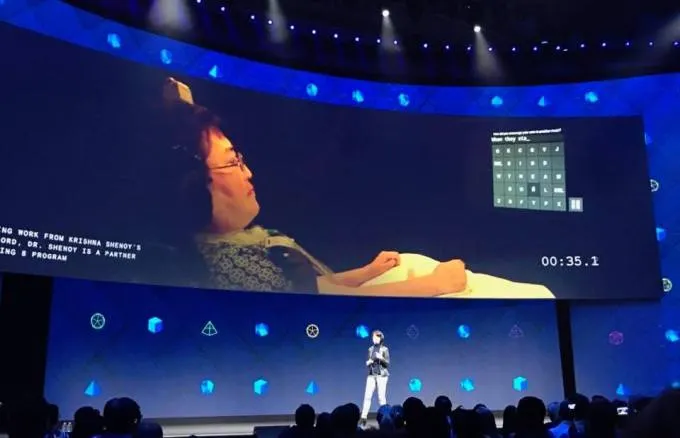Mark Zuckerberg, CEO of Meta, has unveiled an ambitious vision for the future of artificial intelligence, setting his sights on the development of what he terms ‘AI superintelligence’. This audacious goal represents the next frontier in digital innovation, aiming to transcend the limitations of current generative AI models which, according to Zuckerberg, are more analogous to sophisticated calculators than truly cognitive entities. The pursuit of systems capable of independent thought marks a significant pivot in Meta AI’s technological trajectory.
The current generation of AI, while impressive in its analytical and generative capabilities, fundamentally operates within predefined parameters and algorithms. Zuckerberg’s vision for AI superintelligence seeks to break these barriers, moving towards machines that can genuinely understand, reason, and even learn in ways that mirror or surpass human intellect. This paradigm shift could redefine human interaction with technology.
To achieve this monumental objective, Zuckerberg has meticulously assembled an elite group of researchers and engineers, likened to an “Avengers-like team” of AI development superstars. This specialized unit, comprising leading minds from various AI projects, is specifically tasked with pioneering the advanced systems required for this transformative leap. Their collective expertise is central to Meta’s strategic push.
A core component of this initiative involves the complex challenge of replicating the intricate biological architecture of the human brain in digital form. This necessitates deep understanding and simulation of neural networks and synaptic activity. The team’s work is not merely about scaling existing AI but fundamentally rethinking its foundational principles to mimic biological intelligence more closely.
One key area of focus within this ambitious project is the development of systems that can mimic human understanding of the physical world. This goes beyond simple data processing, aiming for a form of embodied cognition where AI can interact with and interpret its environment with a level of intuition typically reserved for living organisms. Such advancements are critical for true artificial intelligence development.
Furthermore, Meta is leveraging its cutting-edge “Brain Decoding” processes, which involve simulating neuron activity to gain insights into how humans think and process information. This interdisciplinary approach, blending neuroscience with computer science, provides a unique pathway to unlocking the secrets of consciousness and applying them to artificial constructs, pushing the boundaries of what’s possible in future tech.
This strategic pivot by Meta underscores a profound belief in the imminent potential of advanced AI. Mark Zuckerberg’s vision for these self-thinking systems represents a bold commitment to leading the charge in the global race for technological supremacy. The implications of achieving genuine AI superintelligence are vast, promising to revolutionize industries and reshape societal structures.
While the path to such advanced capabilities is fraught with technical and ethical challenges, Meta’s dedicated resources and assembled talent signify a serious intent to make this futuristic concept a tangible reality. The endeavor could redefine the very nature of intelligence, both artificial and natural, ushering in an era where machines exhibit unprecedented levels of cognitive function and problem-solving abilities.






Leave a Reply